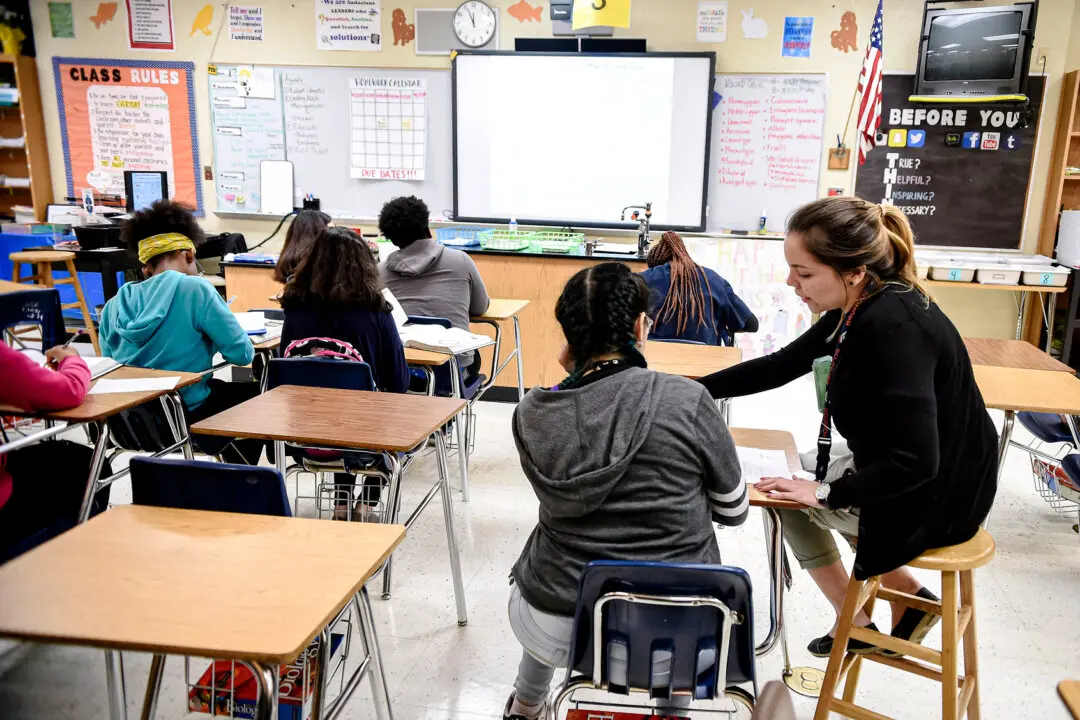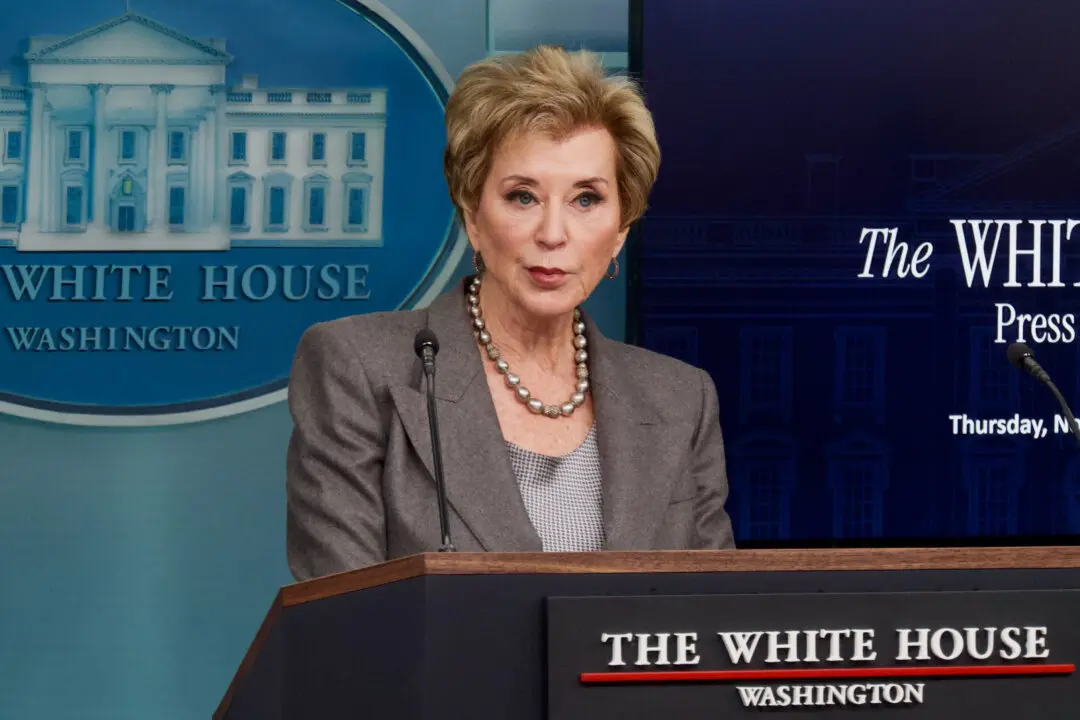Commentary
After several months of job action, Ontario teachers’ unions finally got their concerns addressed. The Ontario government will not significantly increase average high school class sizes, and parents will be free to opt their children out of mandatory e-learning courses.





